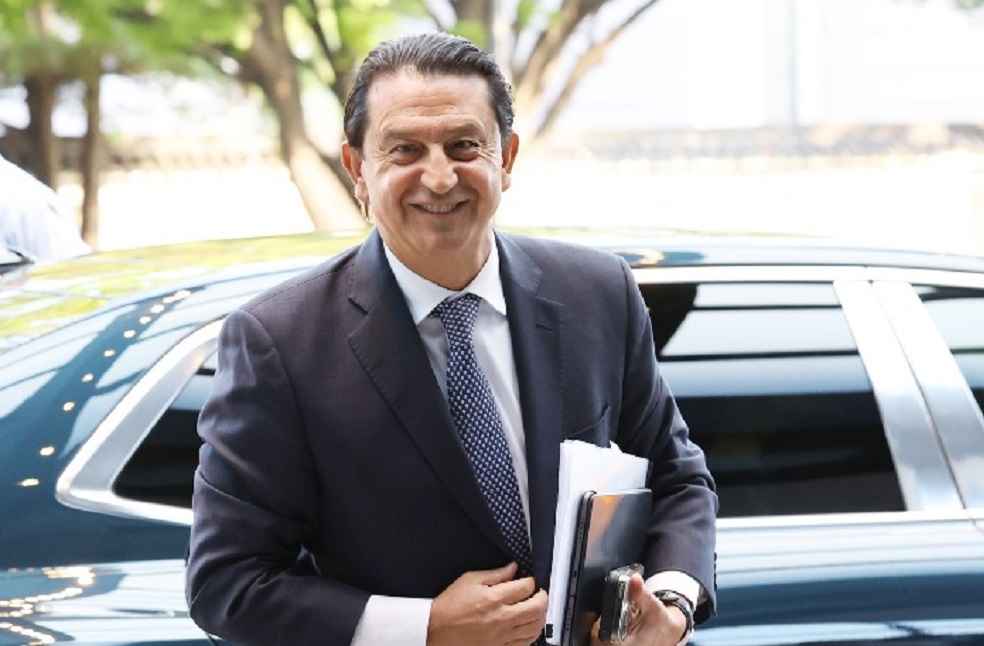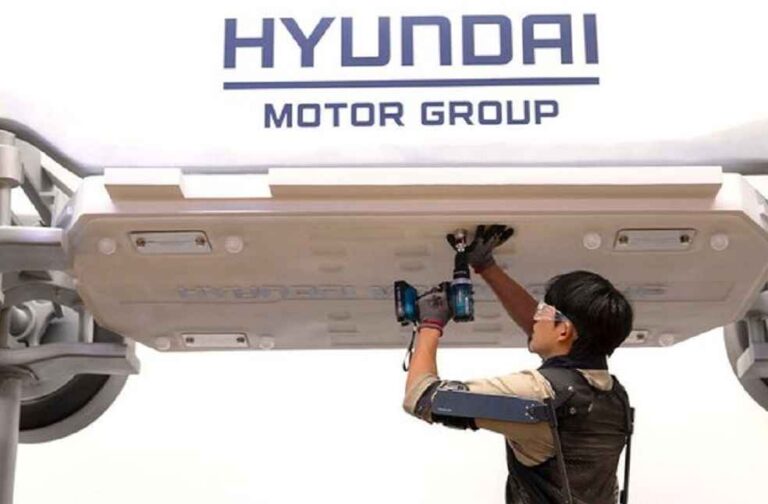Hyundai Motor Group has decided to maintain its current leadership structure through the end of 2025, prioritizing stability and strategic continuity as it navigates global market uncertainties and evolving trade challenges.
The South Korean carmaker, which has endured a 25% U.S. auto tariff for nearly six months, remains cautious despite a recent agreement between Seoul and Washington to lower the rate to 15%.
With trade policy shifts under the Donald Trump administration still unpredictable, Hyundai is focusing on steady management rather than leadership changes.
Last year, the company appointed two top executives, CEO José Muñoz and President Sung Kim, marking the first time Hyundai Motor named a foreign chief executive.

The appointments were made preemptively to address escalating tariff risks and strengthen U.S. market resilience.
Jose Muñoz, whose term ends in March 2026, is expected to continue in his position, credited for sustaining robust sales growth despite external shocks.
Hyundai Motor’s accumulated sales for the first three quarters of 2025 reached 139.4 trillion won ($95.6 billion), up 8.4% year-on-year.
Sung Kim is also likely to remain as president into 2026, a critical year for Hyundai as it prepares for what it calls a ‘golden cycle’ of new vehicle launches.
Kim, a former U.S. ambassador to Korea from 2011 to 2014, is known for his extensive diplomatic and business networks across the United States, a key advantage amid shifting trade conditions.
“Both executives have been instrumental in steering the company through external uncertainties while driving global sales growth,” an auto industry official noted.

Song Chang-hyun, president and head of Hyundai Motor Group’s Global Software Center, will also retain his position to ensure strategic continuity in the company’s transition toward software-defined vehicles.
Global ratings agencies have lauded Hyundai’s steady leadership and financial stability. Fitch Ratings reaffirmed the automaker’s long-term foreign-currency issuer default rating at A- with a stable outlook, citing its strong brand competitiveness and sound balance sheet.
Moody’s and S&P likewise assigned A ratings, recognizing Hyundai’s broad market coverage and diversified product portfolio, including hybrid, electric, and hydrogen-powered vehicles.
An industry analyst said, “Hyundai Motor Group remains one of the few automakers capable of producing nearly all powertrain types, from conventional engines to eco-friendly hydrogen models.”
By maintaining its leadership team, Hyundai aims to preserve operational stability, safeguard global competitiveness, and sustain momentum ahead of its next phase of growth.
GENERAL | Tesla Plans Semiconductor Manufacturing Facility to Boost AI Goals





